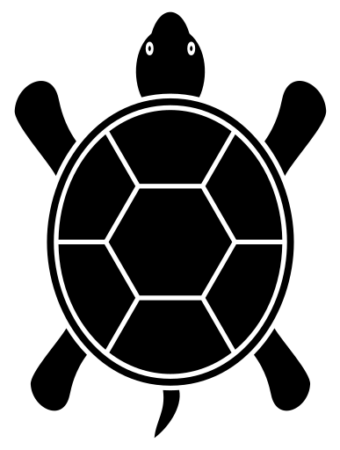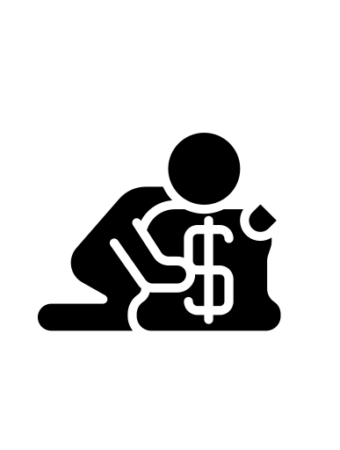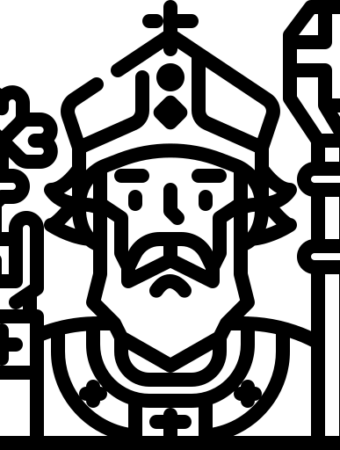It is common practice and advice to identify who your ideal customer, client, reader is when developing your product. In fact, it is surprising how many people don’t have a specific type of person in mind in the development stage.
Identifying what a product does for someone (benefits) is also common practice and advice.
Being able to explain how it works (features) is obvious to almost anyone creating something.
I find, however, that it is the when that is most important.
When will your ideal customer use your product?
When will your ideal reader read your book?
When will your ideal client need your help?
I call it owning the context, but it might also be thought of as owning an hour (even if the time is only a few minutes).
Think of Netflix, for example, which streams TV shows and movies.
What hour do they own in their ideal customer’s day? What context do they dominate?
For me and my wife, Netflix owns 9:00-10:00 p.m. Each evening we sit down to unwind and watch a TV show and we usually turn to Netflix to meet that need.
There are hundreds of TV shows to choose from and we usually have a handful of go-to’s that we watch night after night. These shows own our hour as well. Netflix owns the hour as the distributor and the shows own the hour as the content providers.
JTBD
Have you heard of Jobs To Be Done (JTBD)?
It is a phrase originating with Christian Claytonsen. It is a rally cry and movement for many marketers and creators.
The theory states that customers hire products to do a job for them.
They don’t buy products, they hire products to do a job. If your product can’t get the job done as well as another, people will hire something else.
If we lost interest in Netflix’s TV and movie offerings for our 9-10 unwinding hour, then we might hire Hulu or HBO or something completely different from TV instead.
As Theodore Levitt said, “people do not want a quarter-inch drill, they want a quarter inch hole.”
Nobody cares about your product. They care about the job they need to be done.
Own the Hour
A few questions worth asking:
Which hour of your ideal customer’s day do you want to own?
What job are they hiring you or your product to do?
Where do they go to hire products to do this job now?
My website for religious educators, The Religion Teacher, provides practical resources and teaching strategies. It owns that hour or lesson planning and preparation religious educators put into the night or weekend before they teach. I was able to grow the site and users by being found in other places people go to prepare their lessons: Google, Pinterest, Teachers Pay Teachers, and other blogs and websites offering resources for teachers. Although I didn’t realize this at first, knowing what people used already to plan their lessons helped me make a marketing plan for new people to discover and use the site.
Here’s another personal example. I didn’t do a great job identifying the hour with my latest book on the Angelus prayer. The prayer is said at three times each day: 6:00 a.m., noon, and 6:00 p.m., but I didn’t think clearly about when people would actually read the book. Would they read it right before or after saying the prayer? Would they read it during the hour in the morning in which they pray or do some spiritual reading? At night before bed? I never clearly thought this through and as a result my marketing for the book was somewhat scattered. If I had identified the hour people will read the book, then I would be able to identify what else is vying for their attention during this time and where they go to hire books to do this job.
Another Exercise
Think about your day. What products, services, and people own each hour of your day? What context do you use different products?
As I write this, for example, I am hiring the following products:
- Laptop for writing
- WordPress for blogging
- A wireless mouse to make it easier to point and click
- Google for research
- Toogl to track how long it takes me to write
- Trello to remind me what I need to work on next
Each of these things own my hour and they are each interchangeable for something else: an iPad rather than a laptop, Medium.com rather than WordPress, a different mouse, a different search engine, etc.
I am flying on a plane this evening and during boarding and what will own that hour of time? I will probably read a book on the Kindle App of my iPhone. I could have brought a paperback book, too, but I didn’t. Or I could choose from a number of other options on my phone: an audiobook I borrowed on Overdrive or another book I purchased on Audible, a podcast on Overcast, or an article on Instapaper. Each of these apps and content providers are vying for my attention, wanting to get hired. Only one will own the hour.
Today I will work on a book, an article, some downloadable tools, and a new speaking page for my website. As I approach each project, it will be important to ask myself when people will hire each thing to do a job. Knowing the answer will make each project better.


